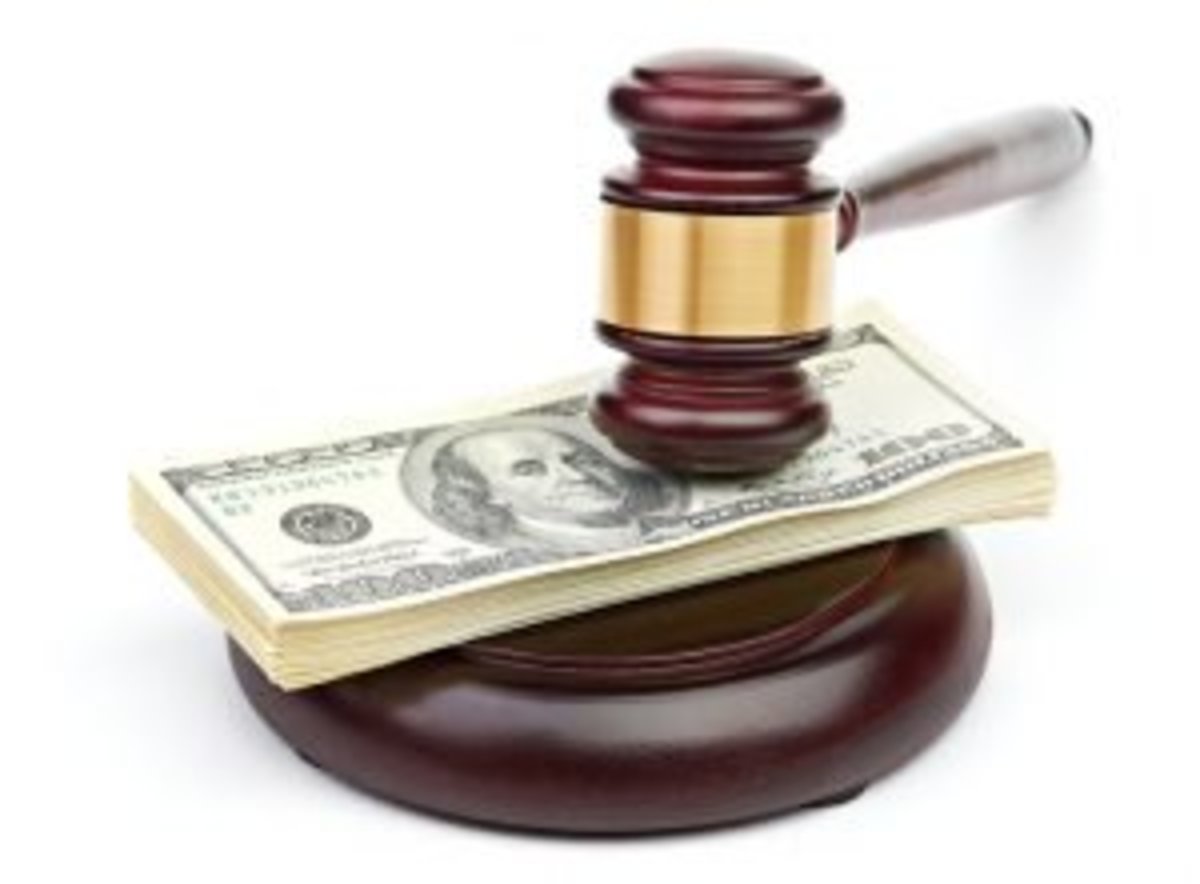As the coronavirus crisis closed off physical access to courthouses across the country, many federal and state courts pivoted to conducting their business remotely, including conducting hearings and even trials via videoconferencing and teleconferencing.
But a report out today by a legal organization that opposes abuse of surveillance technology raises a number of concerns over the potential threats of virtual courts to the privacy and due process rights of litigants and defendants.
Produced by the Surveillance Technology Oversight Project in New York City, and written by the project’s executive director Albert Fox Cahn, an attorney, and Melissa Giddings, legal fellow at the project, the report says it is incumbent on courts and the legal community to work to ensure fairness for all parties and the integrity of the process when courts go online.
“Remote hearings and trials have not been seamless proceedings, and this nationwide experiment in virtual justice has the potential to cause significant harm to perceived and actual fairness, as well as to individual rights to privacy, in the course of determining best practices,” the report says.
Practical Obscurity
One immediate concern that the report cites is the loss of “practical obscurity” — the idea that even though court hearings have traditionally been open to the public, putting them online dramatically changes the nature of public access.
That creates the potential for virtually anyone to record and rebroadcast testimony and photograph evidence, potentially violating party and witness privacy rights, the report says. “With any number of participants, a virtual court may struggle to determine if someone is making an unauthorized recording, let alone identify whom and impose proper sanctions.”
There are also cybersecurity issues around the maintenance of the recorded proceedings, including where those recordings will be stored, whether and how they will be encrypted, and who will have and control access.
Attorney-Client Communications
Another area of concern raised in the report is protecting the privacy of communications between lawyers and their clients. Options courts currently are using include breakout or sidebar rooms (a feature on Zoom), direct messaging, or separate audio lines for in-trial communications. But each raises questions of how they are secured and whether they are recorded.
In Texas, the report says, courts are using Zoom’s breakout rooms to create a “private” space for attorneys to speak with their clients. However, the report notes, the hosts who created the Zoom meeting may still manage these breakout rooms, creating the risk of unauthorized recording, and Zoom technology has its own security issues.
“All of these privacy and security risks, if known to the counsel or to the client, could influence the candor needed in these interactions,” the report says. “But perhaps worse is an alternative scenario in which counsel and client communicate under a false belief that their communications are not at risk of interception or recording.”
Current videoconferencing technology presents a number of other concerns for online courts, the report says, including:
- The need for remote identity verification by parties or witnesses and the potential for fraud through such means as the use of video manipulation software and deepfake technology.
- The secure introduction, authenticated, storage and transmission of evidence.
- Mistakes caused by participants’ unfamiliarity with technology or malfunctions by the technology itself.
Digital Divide and Due Process
Two major areas of concern the report addresses are the so-called digital divide — limits on internet access and skills among the poor, the elderly and minorities — and due process.
The digital divide has two facets, the report suggests: an access divide and a skills divide. With regard to access, low-quality internet or outdated hardware could prejudice a party in multiple ways. With regard to skills, poor technological literacy could affect not only procedural efficacy, but also the perception of fairness in a virtual court.
To illustrate this point, the report cites the U.S. immigration courts, which have used videoconferencing for decades. Studies there have found that nearly 45% of these hearings suffered from frozen images, transmission delays, or poor sound quality, which was not only an inconvenience, but which resulted in the immigrant appearing less truthful.
“Virtual hearings inevitably skew the perceptions and behavior of the involved parties by either removing or over-emphasizing non-verbal cues, failing to properly simulate normal eye contact, or exaggerating features,” the report says. “This can obstruct the fact-finding process and prevent accurate assessments [of] credibility and demeanor based on common in-person experiences.”
Concerning due process, the report says that video testimony is less effective than in-person testimony at conveying crucial information, and that can mean that a party is not given a meaningful chance to be heard.
“Remote appearances diminish the court’s ability to assess matters such as credibility, competence, understanding, physical and psychological well-being, and voluntariness of any waivers of rights that the defendant may be called upon to make,” the report says. “Any combination of these determinations raises serious procedural due process concerns.”
Physical separation can also impair the effectiveness of counsel, the report argues. “When an attorney and their client are physically separated during a hearing, the defendant cannot discretely communicate with or pass notes to counsel, which represents an infringement of the Sixth Amendment right to counsel.”
In fact, the report argues, the numerous logistical and technical difficulties associates with online hearings in general and attorney-client communications in particular could result in defendants failing to fully understand their rights and being more likely to waive those rights.
It cites an Illinois study that found that felony defendants appearing virtually for bail hearings saw a 51% increase in average bond amount.
Recommended Best Practices
Given these concerns, what should be done to protect litigants, defendants and witnesses? The report suggests a set of best practices for courts and attorneys to follow. Among its recommendations:
- Courts should clearly communicate what technologies they use and how individuals’ personal information will be impacted.
- Courts must go beyond conventional terms of service, ensuring that every person whose privacy is impacted by virtual courts can provide truly informed consent.
- Courts should be especially sensitive to the confidentiality of litigants and evidence, such as conversations protected by the attorney-client privilege and evidence subject to a protective order.
- Independent government watchdogs should be established to conduct routine and impartial security audits of court technology.
- Courts should standardize across jurisdictions on preserving, securing and storing data, particularly official court records.
- Attorneys should assess potential privilege issues triggered by remote proceedings.
- A national internet infrastructure should be established to support basic and meaningful access to virtual courts.
- Public access to courts must be maintained in a way that is meaningful.
“Virtual court cannot provide the same experience or non-verbal information as an in-person hearing,” the report concludes. “Any provision of remote access must take into account privacy, fairness, and due process concerns as this technology is introduced.”
The full report is available for download here.

 Joe Patrice is a senior editor at Above the Law and co-host of Thinking Like A Lawyer. Feel free to email any tips, questions, or comments. Follow him on Twitter if you’re interested in law, politics, and a healthy dose of college sports news. Joe also serves as a Managing Director at RPN Executive Search.
Joe Patrice is a senior editor at Above the Law and co-host of Thinking Like A Lawyer. Feel free to email any tips, questions, or comments. Follow him on Twitter if you’re interested in law, politics, and a healthy dose of college sports news. Joe also serves as a Managing Director at RPN Executive Search.


 Kathryn Rubino is a Senior Editor at Above the Law, and host of
Kathryn Rubino is a Senior Editor at Above the Law, and host of 







 Jordan Rothman is a partner of
Jordan Rothman is a partner of 


